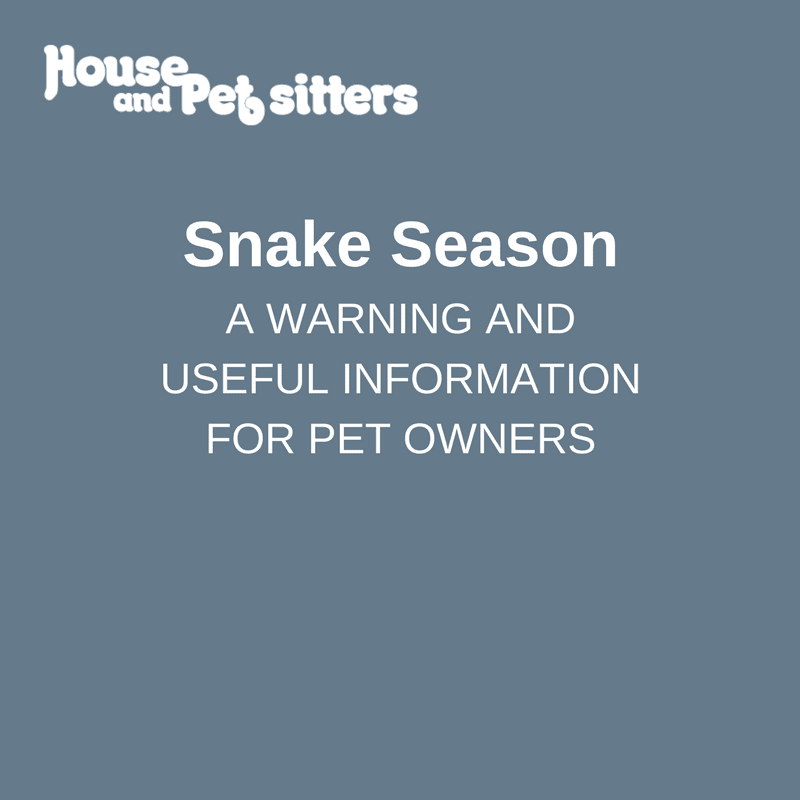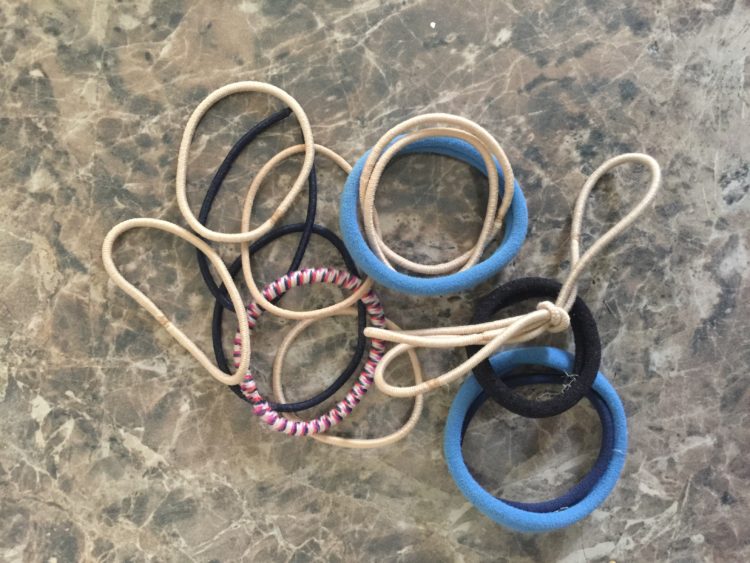
Snake Season
Snake Warning and Useful Information
This information is taken from the Perth Vet Emergency First Aid Book 2nd edition
Australia is home to a number of snakes, both venomous and non-venomous. In Western Australia, commonly seen snake bites are from Brown snakes or Dugites, Tiger snakes. Less common snake bites are from Black snakes otherwise known as King Brown or a Mulga snake, Death adders and Taipans.
The poison from the bite of these snakes contains toxins that are responsible for life threatening changes to our pets.
Unfortunately, Perth pets often come into contact with snakes because they live throughout urban areas, near wetlands and in dry, arid regions. The natural curiosity of our pets and their natural hunting instincts mean they are keen to investigate these slithering reptiles.
Symptoms of a snake bite;
- dogs may yelp when bitten
- animals that collapse and then apparently recover will slowly develop symptoms over the next 30-60 minutes.
- vomiting
- drooling and trembling
- dilated pupils
- involuntary urination or defecation
- repaid breathing and/or panting
- bleeding from the bite wounds or other body sites (bloody diarrhoea)
- collapse – often immediate which is followed by a period of recovery
- red or brown discolouration of urine
- paralysis – starting with hind limbs and progressing towards the head
- death from respiratory failure – paralysis of breathing muscles
In the majority of cases, the bite site is not found and there is very little notable pain or swelling associated with Australian snake bites.
If you suspect your pet has been bitten by a snake, if you have seen a snake near your pet or if your pet is acting strangely after being in an area where snakes are likely to be found – particularly in warmer weather – seek veterinary attention immediately. Delays in treatment can be fatal.
Emergency Treatment before Transport to the Vet
If your pet is not breathing, attempt mouth to nose resuscitation, giving one breath every 3-6 seconds.
Do not risk envenomation by attempting to bring a live or dead snake in to assist identification– a test can be performed on your pet to identify the type of antivenin required.
Keep your pet as still as possible to minimise venom absorption. If a limb has been bitten, bandage the entire leg firmly. This limits venom movement through the lymphatics. Do not try to cut off the circulation with a tourniquet.
What to Expect at the Vet
- Blood and urine testing to assess the severity of the envenomation, and identify the type of snake if required.
- Oxygen therapy to help with breathing.
- Intravenous fluid therapy to support blood pressure and kidneys.
- Intravenous medications and antivenin if required – some animals need multiple doses and antivenin can be quite expensive.
- Assisted ventilation – a machine breathes for your pet until it can breathe on their own.
- Assisted feeding – with special feeding tubes to provide nutrition if the food pipe muscles are affected.
If your pet requires treatment, this usually involves hospitalisation for at least 12 – 24 hours, and in some cases, several days. When your pet is discharged home, your vet will recommend confined rest for 1 – 2 weeks.
In some patients, no treatment is required, due to a lack of clinical and laboratory evidence that the patient has been envenomated. In these cases, monitoring your pet for any delayed symptom of envenomation at a veterinary hospital for a period for 12 – 24 hours may be all that is required.
With appropriate and timely medical therapy, many patients recover completely. Unfortunately, if necessary treatment is not instigated, many of these patients will not survive.
For another House and Pet Sitters blog about snakes click here.

Warning to cat owners about dangerous household item
House and Pet Sitters often comes across interesting and valuable information that is worth passing on to whoever is interested.
For example, Katie Finlay from iheartcats.com pointed House and Pet Sitters to this story about a cat owner who almost lost cat because of a common household item.
The fur-baby in question is Ollie. He was adopted by Ramphasto as a happy, healthy young adult until…
“one day he began throwing up everywhere and eventually just stopped moving. It was at this point I knew I needed to get him to an emergency vet. They did blood tests and x rays and found something lodged inside his stomach and intestines. It was some sort of hard mass. They told me they needed to do an emergency surgery or he would die.” Ramphasto said.
Ramphasto explained how Ollie went into surgery and what they found was a shock. She had no idea that this item could be so harmful to her precious pud.
What the vet found was hair ties. Ollie had eaten so many, they had matted and lodged in his intestines causing a blockage.

“He did survive his surgery thank goodness. When they showed me this bag of hair ties I wanted to hit myself. I felt so horrible for my ignorance. I would see him chewing up my hair ties and I would try to stop him, but I did not see or know he was actually swallowing them. I did not know the severity of the situation.” Ramphasto admitted.
Apparently, this can be a common occurrence i.e. cats swallowing small but strange items like string, elastic bands, wool etc.
Thankfully this story has a happy ending however it serves as a good reminder for cat owners to be aware and vigilant about what your cat plays with, and eats. Yes, sometimes this can be harder to manage than it sounds however a happy cat who has plenty of toys or activities to keep him/her occupied with be less interested in a random hair tie or piece of string.
Thanks for sharing Katie and Ramphasto.
